Luxury and sustainability in fashion
Innovative design starts with fashion research at Stockholm University.
-
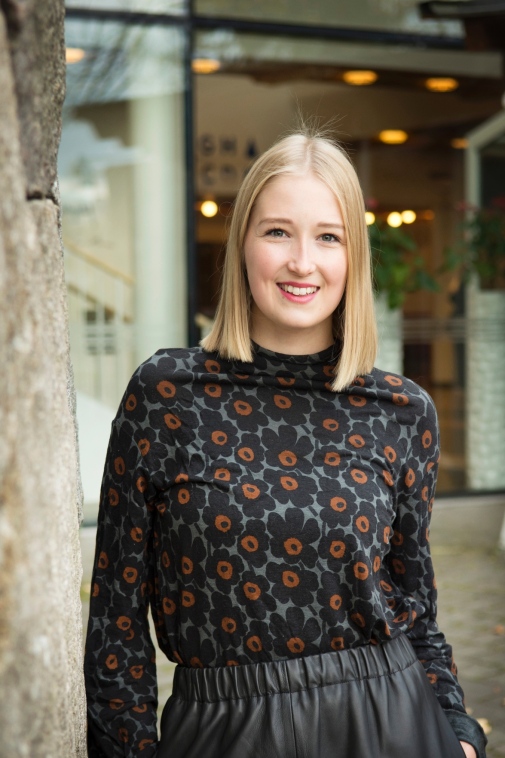 Viivi Laakkonen, international master’s student in fashion studies from Kotka, southeast Finland. Photo by Anna-Karin Landin
Viivi Laakkonen, international master’s student in fashion studies from Kotka, southeast Finland. Photo by Anna-Karin Landin -
-
The clothing industry and Swedish design work hand in hand, setting the tone for the 2016 Global Fashion Conference held at Stockholm University on October 20-21.
-
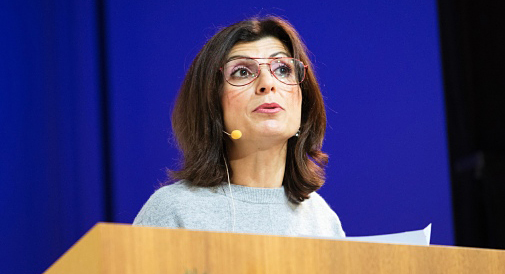 Paula von Wachenfeldt, Head of studies at the Centre for Fashion studies at Stockholm University. Photo: Anna-Karin Landin
Paula von Wachenfeldt, Head of studies at the Centre for Fashion studies at Stockholm University. Photo: Anna-Karin Landin -
-
The Global Fashion Conference aims to bring together academia and industry, contributing to innovation in the fashion business. The conference is held every two years in partnership with a university that conducts research in fashion studies. Stockholm University was chosen as this year’s venue because of its programs involved in all aspects related to the scientific scope of the event: luxury and sustainability.
-
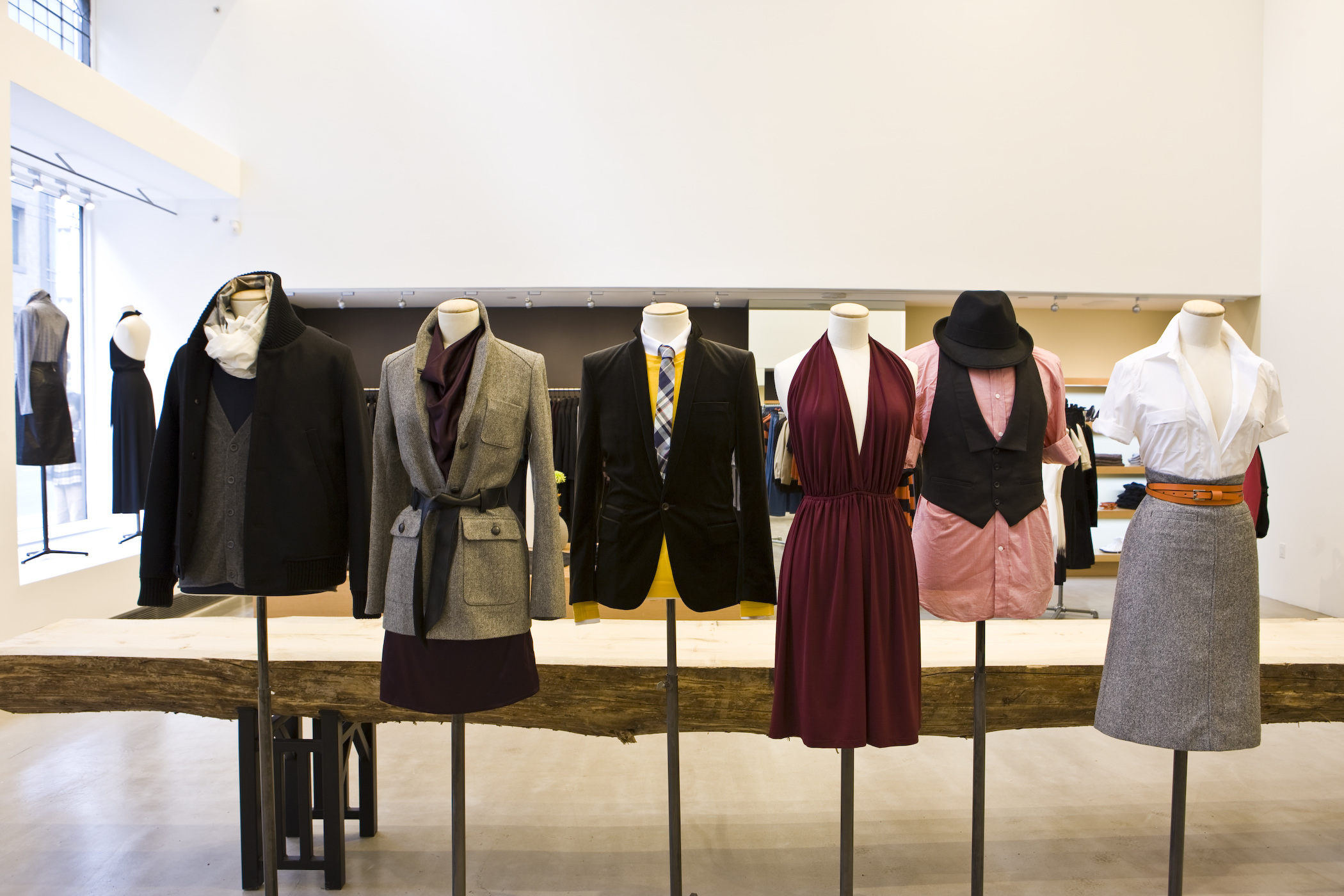 The Filippa K brand used to be considered so trendy that some young girls feel proud just walking down the street with a paper bag bearing the company logo; in Sweden, this brand has some of the snob-appeal that the Gucci name has elsewhere in Europe.
The Filippa K brand used to be considered so trendy that some young girls feel proud just walking down the street with a paper bag bearing the company logo; in Sweden, this brand has some of the snob-appeal that the Gucci name has elsewhere in Europe. -
Economic and social development have made fashion and luxury more accessible while digital progress and the considerable influence of online commerce have also changed the dynamics of consumer behavior. These factors have made it possible to embrace the values of sustainability in the fashion world, and Sweden is a country that has blended its traditions with innovation. Stockholm in particular is recognized for its progressive stance on new media and fashion-related technology while preserving cultural values embedded in Swedish society.
-
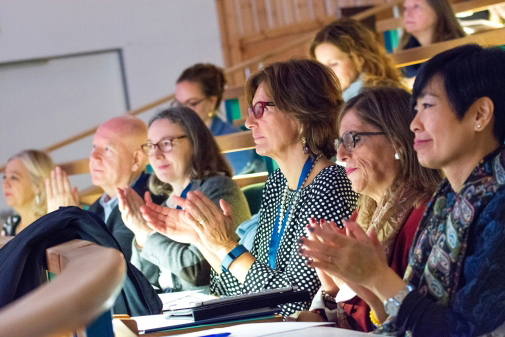
-
Hosted in collaboration with Institut Français de la Mode in Paris and Fast Forward Innovation, Portugal, the GFC at Stockholm University provided a forum for international discussion among academics and practitioners on the topics of fashion, luxury, sustainability, technology and Stockholm as the Nordic fashion capital.
By encouraging dialogue as the basis for creativity and innovation, and raising the level of excellence in research and in the pursuit of a better quality of life, GFC is committed to developing all efforts in the diffusion of the work presented and that demonstrates a consistent scientific basis subject to peer review. -
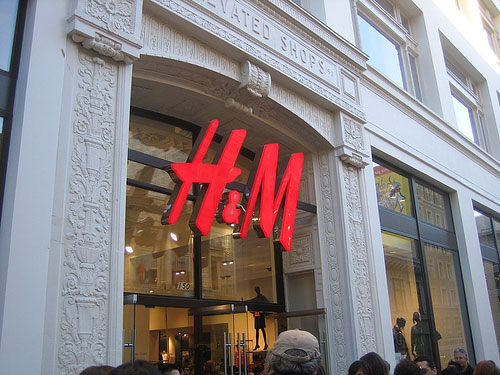 The Swedish clothing company, known for its fast fashion clothing offerings for women, men, teenagers and children, has around 2,000 stores in 35 different countries and employs over 74,000 people
The Swedish clothing company, known for its fast fashion clothing offerings for women, men, teenagers and children, has around 2,000 stores in 35 different countries and employs over 74,000 people -
Sweden is known for its strong design and fashion industry, including its global companies and designers such as HM, Filippa K, Acne Studios, Cheap Monday as well as House of Dagmar, Bea Szenfeld, Mistra, Gant and Gudrun Sjödén, among others.
-
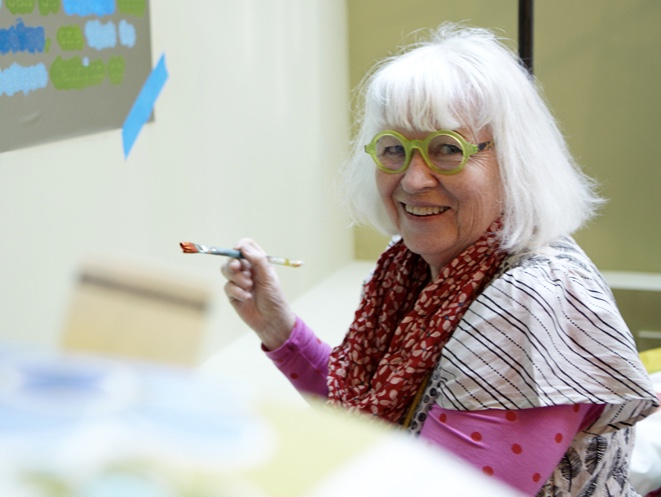 Fashion designer Gudrun Sjödén at work.
Fashion designer Gudrun Sjödén at work. -
Viivi Laakkonen, a Stockholm University graduate student from Finland who also attended the conference, said "There is a great knowledge in fashion here, marketing and some very good international brands. If I have my own brand one day, this will be a good experience.”
-
Topics such as “The relationship between couture and ready-to-wear,” “The recent evolution of the Swedish luxury market" and “Stockholm: The Nordic Fashion Tech Capital” were discussed as part of the conference that explored the challenges in fashion and luxury in the 21st century, which attracted several hundred international scholars in the field of research and fashion. Another seminar offered a presentation and dialogue on the recycling of clothes, portraying used clothing not as waste but as an opportunity for a second chance.
-
The conference also included break-out programs at design studios, museums, restaurants and tours.
-
-
